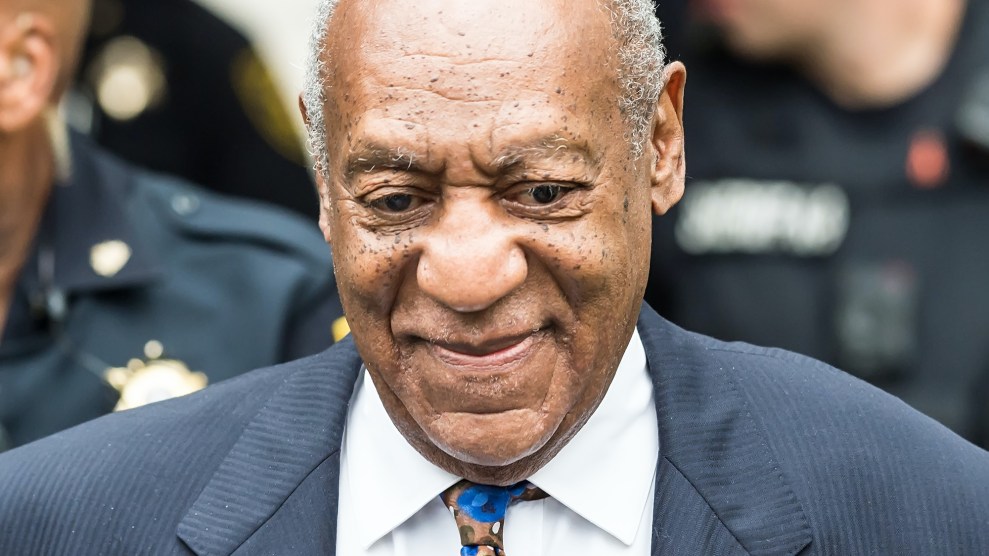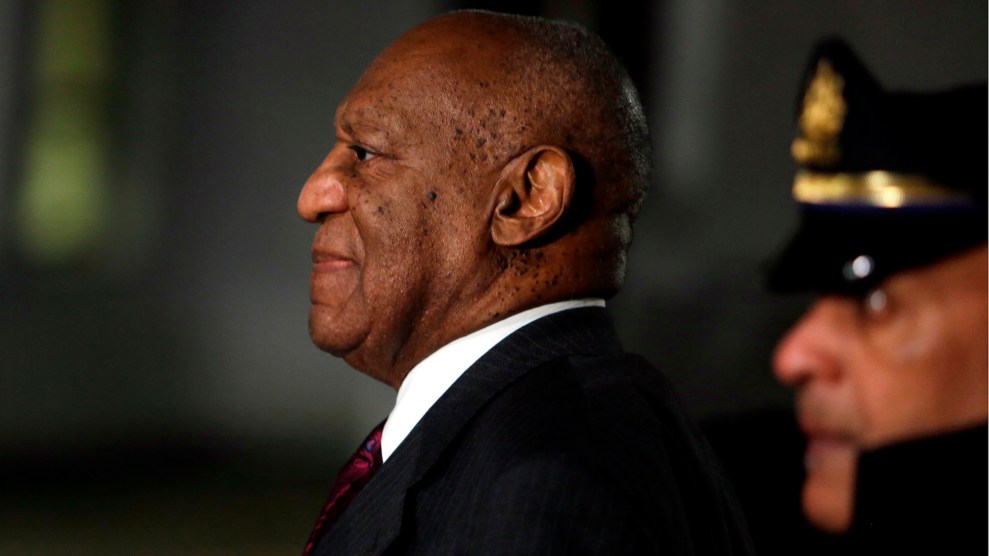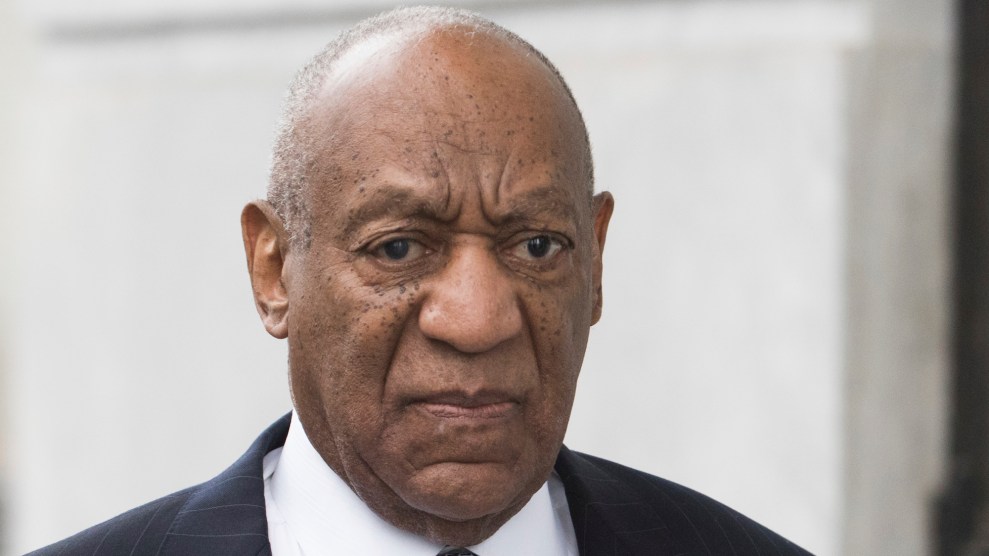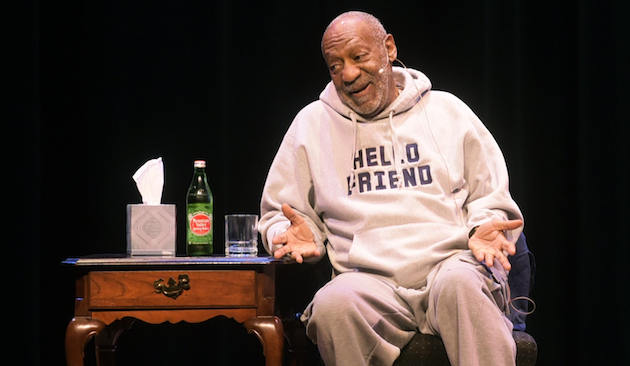
Gilbert Carrasquillo/Getty
Pennsylvania’s Supreme Court overturned Bill Cosby’s sexual assault conviction on Wednesday, ruling that a decision by a previous prosecutor not to bring sexual assault charges against Cosby in 2005 should have prevented him from facing charges in 2015.
Cosby, 83, was convicted of drugging and sexually assaulting Andrea Constand, a former Temple University women’s basketball official, at his home in 2004. He was sentenced to 3 to 10 years in prison, and has served more than two years of that sentence.
The former comedian has been accused of sexual misconduct, including rape, by at least 60 women.
Constand first reported that Cosby sexually assaulted her to the police in 2005. But in that case, then-Montgomery County District Attorney Bruce Castor decided not to bring charges against Cosby, explaining that he did not believe the charges could be proven beyond a reasonable doubt—in part because Constand had not reported the assault to police immediately. (Earlier this year, Castor represented former President Donald Trump during his second impeachment trial.)
By declining to prosecute Cosby in 2005, Castor opened the door for Constand to sue Cosby. When she did, Cosby was “forced to testify…without the benefit of his Fifth Amendment privilege against self-incrimination,” Pennsylvania Supreme Court Justice David Wecht wrote in his decision. In depositions in the case that remained sealed for years, Cosby made incriminating statements—including that he had drugged other women with Quaaludes. He later settled Constand’s lawsuit for $3.38 million.
Years later, when a judge unsealed the old depositions and dozens of other women came forward with allegations of being sexually assaulted by Cosby, another district attorney—Risa Vetri Ferman—reopened the investigation into Constand’s allegations, and her successor, Kevin Steele, charged Cosby with three counts of aggravated indecent assault in connection with them. The case was allowed to proceed after the judge ruled that there was no formal agreement not to prosecute Cosby in 2005. The first jury deadlocked, and in Cosby’s second trial, more women with allegations against Cosby were allowed to testify.
In his appeal, Cosby’s lawyers made two arguments: that those women should not have been allowed to testify and improperly biased the jury against him, and that the 2015 charges never should have been brought in the first place, due to Castor’s decision in 2005. On Wednesday morning, the Pennsylvania Supreme Court agreed that Cosby should not have faced the 2015 charges. And it ordered that Cosby will not face another retrial. He will be released from prison today.
Read the court’s decision here:
















